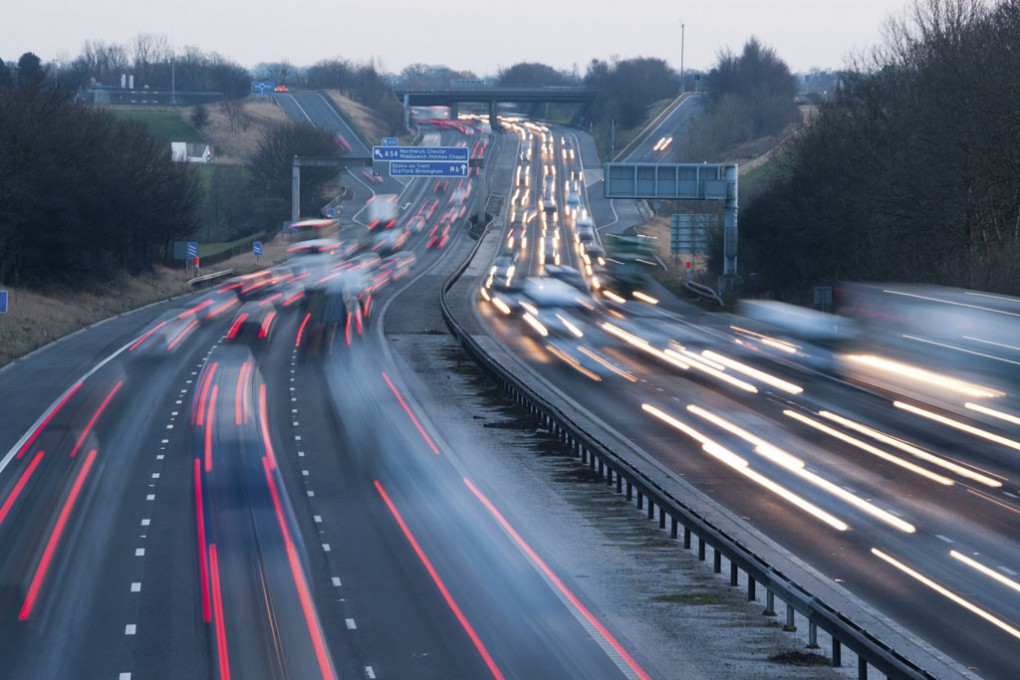Asked By Lord Berkeley
To ask Her Majesty’s Government how they intend to implement savings of £682 million in 2010-11 in the transport sector in the context of their intention to create a greener and more sustainable transport sector.
Earl Attlee: My Lords, I can reassure the House that this Government take their environmental obligations very seriously. The Department for Transport is focusing on improving efficiency while protecting priority areas, including green initiatives. The savings will include £112 million from direct departmental spend, £100 million from Network Rail, £309 million from local government grants, a proposed reduction of £108 million from the Transport for London grant and the deferral of £54 million from lower priority schemes.
Lord Berkeley: I am very grateful to the noble Earl for that breakdown of the first cut of the big cuts. I refer him to the coalition’s programme for government, which confirms what he said-that there is a joint ambition to create a low-carbon economy. Could he then tell the House why, in that list of cuts he quoted, there was nothing about a Highways Agency reduction in construction? Will we see road building continue while all the sustainable forms of transport are cut?
Earl Attlee: My Lords, I thank the noble Lord for his question. I can reassure him that the Highways Agency will take its fair share of reductions in the DfT’s direct spend, including £37 million from the deferral of planned spend in 2010-11 on a small number of Highways Agency schemes. Together, these savings represent a reduction which is in proportion to that being made to Network Rail and local government funding.
Lord Bradshaw: Does my noble friend the Minister recollect that two weeks ago, in the debate on the Loyal Address, I put forward a large number of economy schemes which do not affect front-line services? I have had no response to this and I would obviously like one. When people take part in debates in your Lordships’ House, can they expect prompt and proper answers from the Government?
Earl Attlee: My Lords, I hope to encourage the usual channels to give us a major transport debate, when I will be in a position to answer all the noble Lord’s questions.
Lord Davies of Oldham: My Lords, I welcome the noble Earl to the Front Bench and congratulate him on his appointment. There was a time when the name Attlee brought transports of delight to this side of the House, so I look forward with optimism to the future. Will he confirm that in striving for a greener economy, it ill behoves the Government to cut the number of new carriages to be made available to Thameslink and the carriages that would therefore become available to the hard-pressed north-west railway system? Does he recognise that cutting back on rail transport will produce discomfort for passengers and do nothing to reduce carbon?
Earl Attlee: My Lords, I understand the noble Lord’s concern and will write to him on the detail. However, he will recognise that ring-fencing or protecting expenditure in one area only increases the reductions required elsewhere.
Lord Lea of Crondall: Further to the point made by my noble friend Lord Davies on carbon, is it not the case that the transport coefficient of growth is very
15 Jun 2010 : Column 899
positive, and that if we want to reduce the transport coefficient of growth, the price of carbon may be part of the answer? However, the price of carbon is a sort of poll tax on wheels because it is very regressive. Will the Government publish information on the regressive nature of different forms of carbon taxation?
Earl Attlee: My Lords, I think that I will have to consider very carefully before answering that question.
Lord Clinton-Davis: My Lords, I declare my interest as the president of BALPA. How is aviation affected by the cuts proposed? Where do the Government consider that airports should be extended and new airports sited?
Earl Attlee: My Lords, the noble Lord will be aware that we have decided to cancel the third runway at Heathrow and will refuse to allow additional runways at Gatwick and Stansted because they are not sustainable.
Lord Faulkner of Worcester: My Lords, I join those who have congratulated the noble Earl on his appointment and thank him for the courtesy he extended to me when I was sitting in the place that he now occupies. Perhaps I may start with an easy question for him. Does he agree that the maintenance of the commitment to electrify large parts of the railway system, as announced by my noble friend Lord Adonis, and the commitment to build High Speed 2, are both very sustainable and green forms of transport which the new Government will follow?
Earl Attlee: My Lords, we are committed to High Speed 2, but the noble Lord will understand the problems with expenditure on electrification in the current economic climate.
Lord Greaves: My Lords, does the Minister understand that certain services in the north of England, particularly commuter services around Manchester and those based in Leeds, already have a totally unacceptable degree of overcrowding? That does not take place just in the London area. Is it not absolutely essential that new carriages are provided?
Earl Attlee: My Lords, I accept that new carriages are desirable, but we have an affordability problem due to the current economic climate.
Parliamentary copyright images are reproduced with the permission of Parliament.

